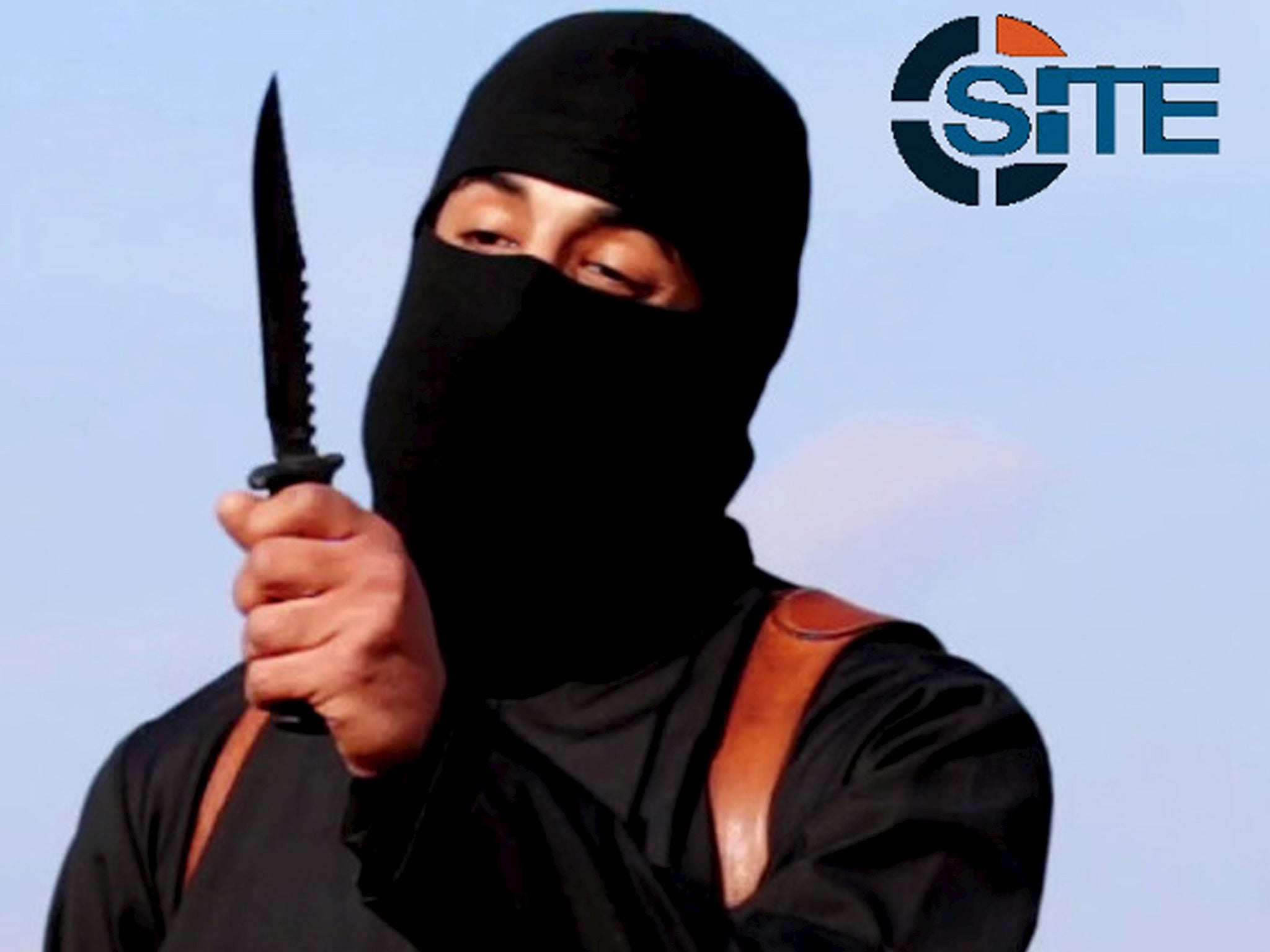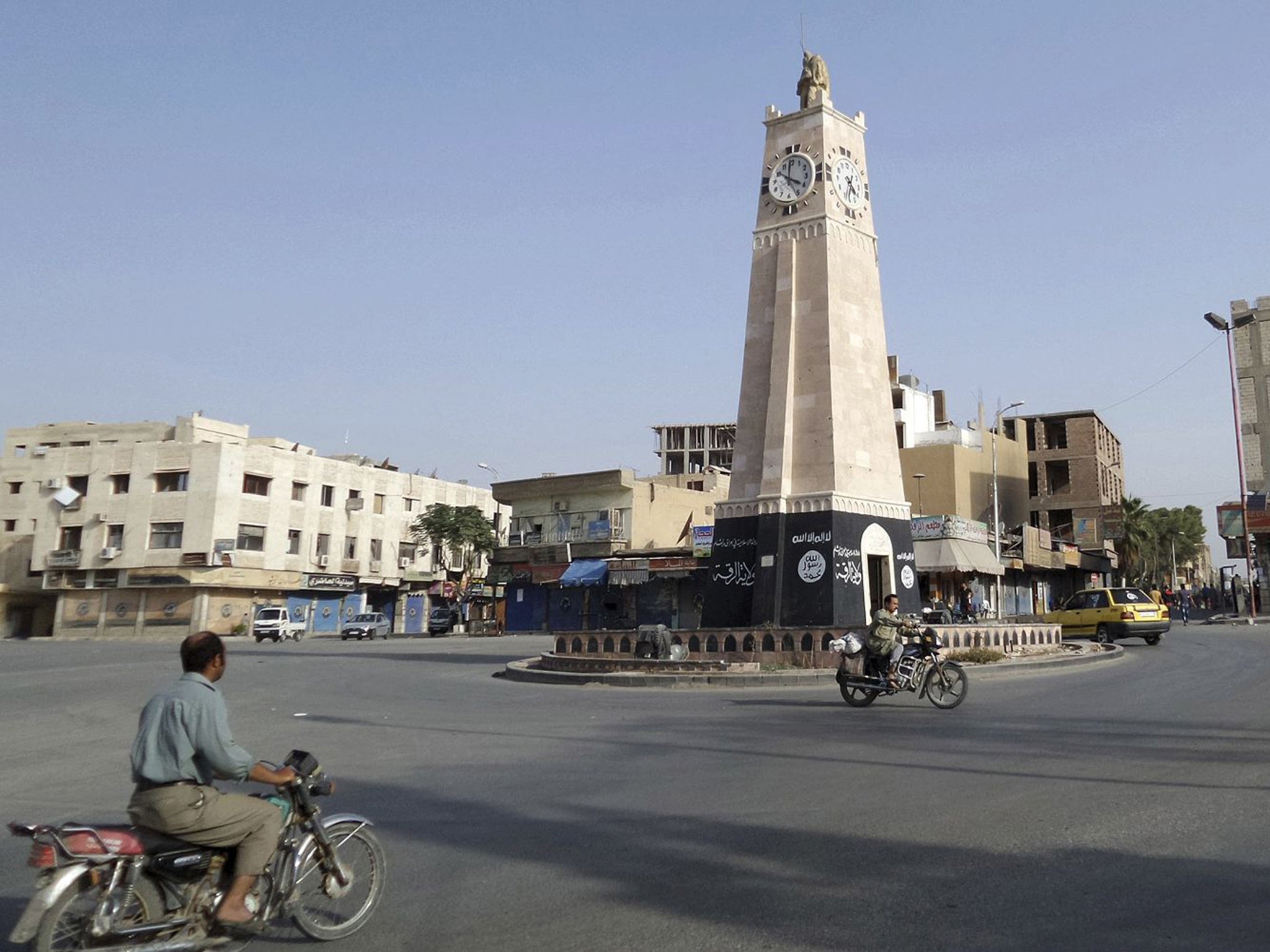Jihadi John 'dead': Other British jihadis killed many more, but Mohammed Emwazi’s death is a symbolic blow
Cameron’s declaration that the drone attack on Emwazi was 'a strike at the heart' of Isis does not hold up to scrutiny


Mohammed Emwazi was an executioner, not a commander, strategist or master bomb-maker. His elimination will have no effect on the fighting capacity of Isis.
David Cameron’s declaration that the drone attack on Emwazi was “a strike at the heart” of Isis does not hold up to scrutiny. He was not, as some reports suggest, regarded as a leader of the British contingent by his fellow fighters, or by the group’s hierarchy.
Other jihadists in the killing fields of Syria, such as suicide bombers, some of whom have been British, have been responsible for many more murders than the seven attributed to Emwazi. His beheadings were, however, turned into ghastly films which became valuable propaganda tools for the jihadists.
So Emwazi’s death is a blow to Isis. A symbolic blow.
Pentagon spokesman Colonel Steve Warren acknowledged in Washington that “Jihadi John wasn’t a major tactical figure or an operational figure”. But he was “something of an Isil [Isis] celebrity and killing him is probably making the world a better place.”
Those Emwazi killed were foreigners, journalists and aid workers known by many in the media. Jim Foley, the first of his known victims, I was friends with from various conflict zones including Syria. I also knew Peter Kassig, who took the first names Abdul Rahman after converting to Islam: a former soldier who became an aid worker. This familiarity with the victims made us feel personally involved with what unfolded.

Jim and Peter were Americans, as was another victim, the journalist Steven Sotloff. The others Emwazi murdered were David Haines and Alan Henning, both British, and Haruna Yukawa and Kenji Goto, who were Japanese.
The American, British and Japanese governments have an official policy of not paying to get hostages released. And, as Jim’s parents found out when ransom demands came from Isis, the US administration actively tries to stop payments. This policy, however, is now being relaxed by the Obama administration. In the months leading to the killings by Emwazi, Isis had freed four French and three Spanish journalists, an Italian aid worker and a German.
There is convincing information that ransom was paid to secure these releases, although the French, Spanish, Italian and German governments have either denied or refused to comment on media reports that this had been done. All these governments are signatories to a G8 agreement three years ago pledging they would not pay ransom to terrorists.
So, had it not been for the differing attitudes to kidnap and ransom, Emwazi may not have achieved his international notoriety.
Emwazi’s end came in a targeted killing by two American MQ9 Reaper drones, on what the US and British military call a decapitation mission, at 8.50pm GMT on 12 November. The attack took place after he had just left the Islamic court in Raqqa, the Isis “capital” in Syria, to travel in a car with three other men through the centre of the city. The hit, using a Hellfire missile, took place near the Clocktower Square used for public execution by Isis. The location, according to Western officials, was chosen for logistical rather than symbolic reasons.
Emwazi had been under surveillance for about five weeks. Although there was British involvement, it was an American-led and co-ordinated operation. There was also said to be significant help from regional allies, Jordan and Turkey, and tracking of telephone calls to Kuwait where Emwazi’s Iraqi-born parents live.
Emwazi had come to the attention of security agencies in Britain as one of the self-styled “London Boyz” who raised funds and spread propaganda for the extremist al-Shabaab group in Somalia. He complained of being pressed by MI5 to become an informant and was thwarted from going to Somalia along with a friend, Ali Adorus.
Emwazi had been one nondescript foreign fighter among many until he took on the role of an executioner and was later unmasked as Jihadi John. But even after that it proved difficult to find out much about what he was up to on the ground.
Seven months ago, at a Turkish town bordering Syria, I was put in touch with someone who had met Emwazi. The former fighter, Ayman, recounted how Emwazi told him that he had switched his place of jihad to Syria from Somalia after a succession of friends from London who had gone to fight for al-Shabaab had been killed.
Al-Shabaab had been plagued by accusation of deceit and betrayal, and Emwazi was convinced that it had been infiltrated by Western intelligence agencies. “He told me if he had gone to Somalia, he himself could have been killed,” recalled Ayman.
Ayman insisted that in Syria Emwazi was little known. “He just appeared in these videos. Before that he was a no one. Perhaps the British should be sorry they didn’t let him go to Somalia. He would probably be dead by now like his friends and those poor prisoners wouldn’t have been murdered here.”
Join our commenting forum
Join thought-provoking conversations, follow other Independent readers and see their replies
Comments
Bookmark popover
Removed from bookmarks